Languages are not only mediums of communication but also repositories of cultural identity, history, and tradition.

However, many languages around Africa are disappearing at an alarming rate. Some have already ceased to be spoken, becoming languages of the past, while others are spoken by only a handful of people and are at risk of extinction.
This article explores some of these languages, offering insight into the fragile state of linguistic diversity.
N-uu is one of the click languages of South Africa and is considered critically endangered. It has only a handful of speakers, all of whom are elderly, living in the Northern Cape region.
Spoken by the Siwa community in an isolated oasis in Egypt, Siwi is a Berber language. While it is still actively used, its isolation and the increasing influence of Arabic pose threats to its long-term vitality.
Found in a small region of Chad, Laal is spoken by just a few hundred people. It is not closely related to other languages, which makes its preservation even more critical.
Wichita is a language from Nigeria, not to be confused with the Wichita language of North America. It is under serious threat, with few speakers remaining.
Also known as Nama or Damara, Khoekhoegowab is a Khoisan language spoken in Namibia. It is one of the national languages of Namibia, but like many indigenous languages, it faces challenges from more dominant languages.
Spoken by the Hadzabe people of Tanzania, Hadza is notable for its use of click consonants. With only around 1,000 to 1,500 speakers, the language is endangered.
Like Hadza, Sandawe is a click language of Tanzania. It has about 40,000 speakers, but it is considered vulnerable due to social and economic pressures.
Kwadi, once spoken in Angola, is now considered extinct. It was related to the Khoe languages of other parts of southern Africa.
Ikpeng is spoken by a small community in the Mato Grosso area of Brazil, originating from a group that migrated from Africa. It is considered endangered with only a few hundred speakers.
Spoken in southwestern Ethiopia, Shabo is severely endangered. It has very few speakers left, making its linguistic features and structure poorly understood.
The preservation of these languages is crucial for maintaining cultural diversity and identity within Africa.
Efforts to document and revitalize these languages involve local communities, linguists, and international organizations.
These efforts often include educational programs, language documentation, and the promotion of use in media and public life.

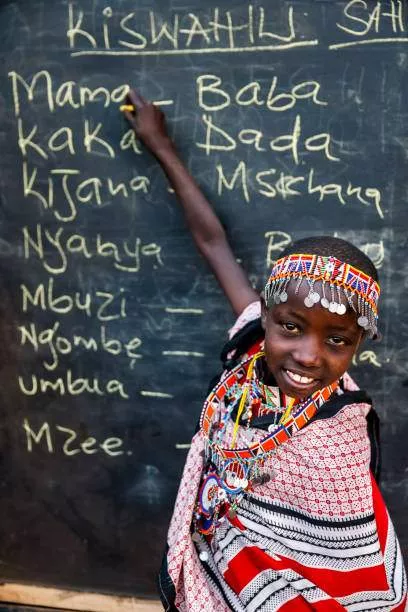


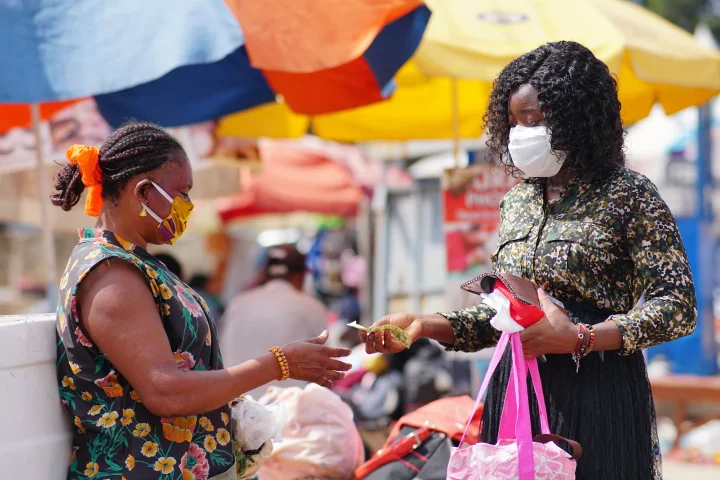



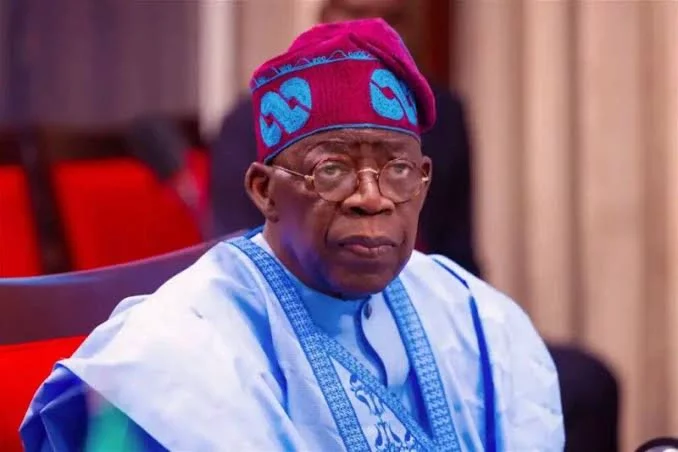


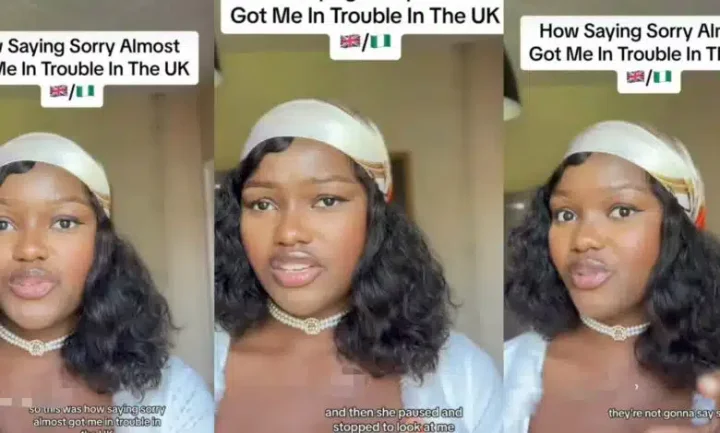
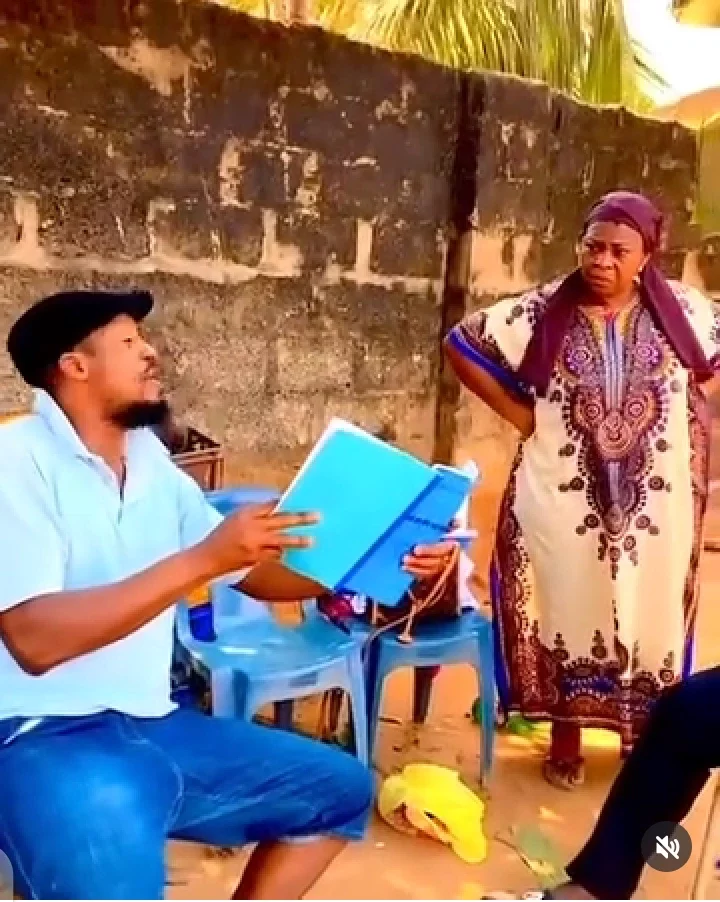
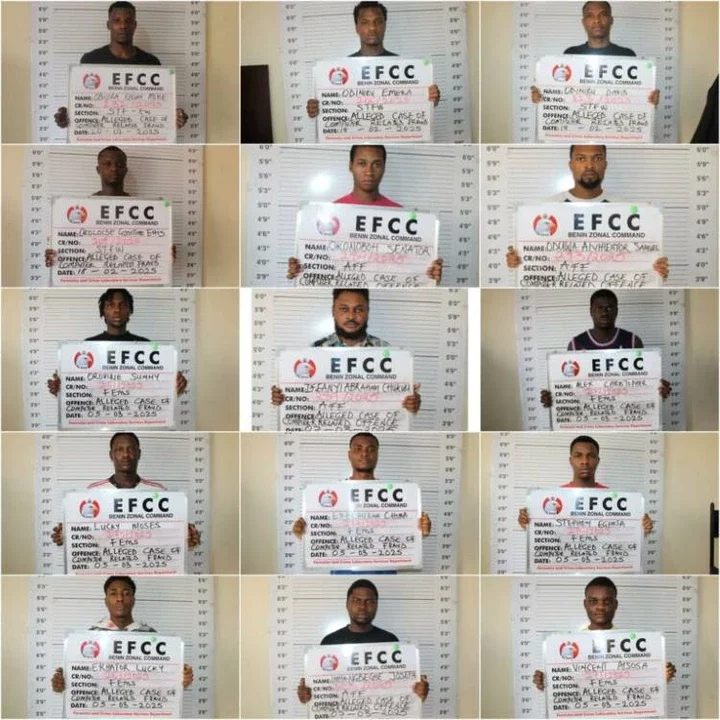


Comments